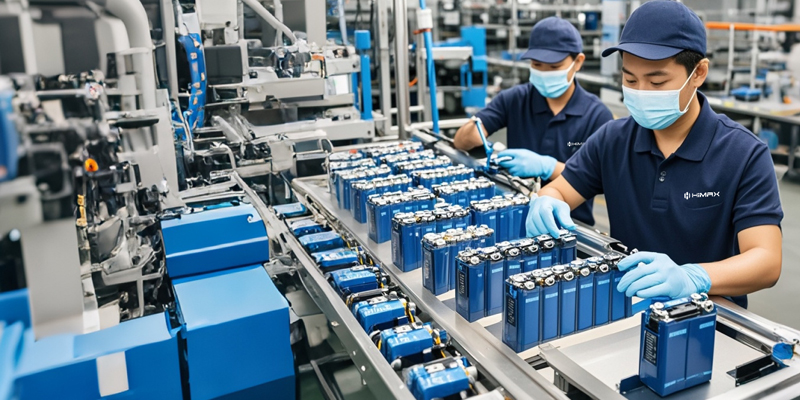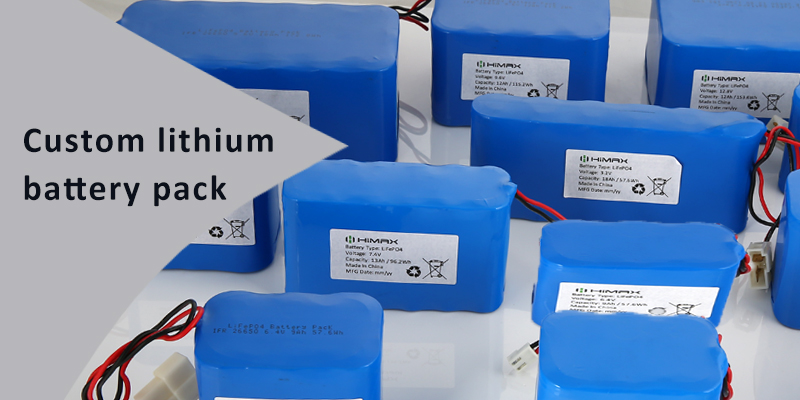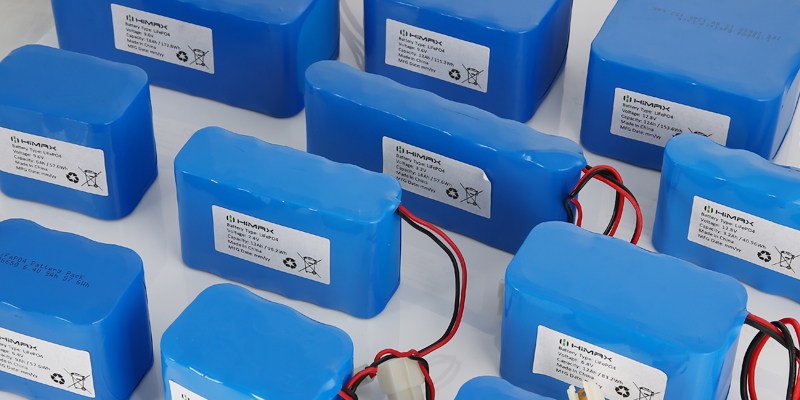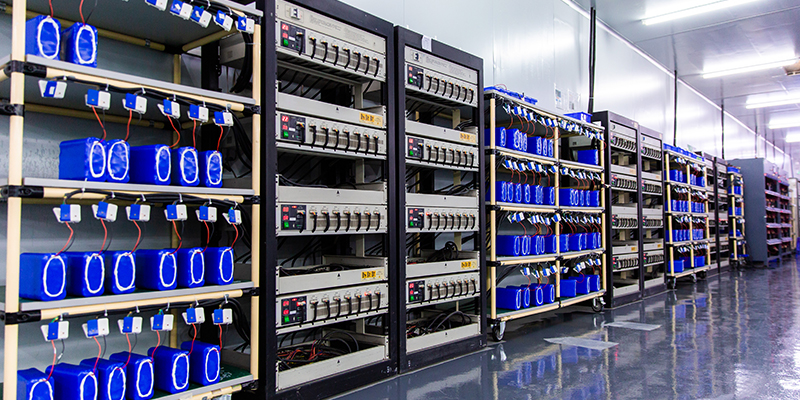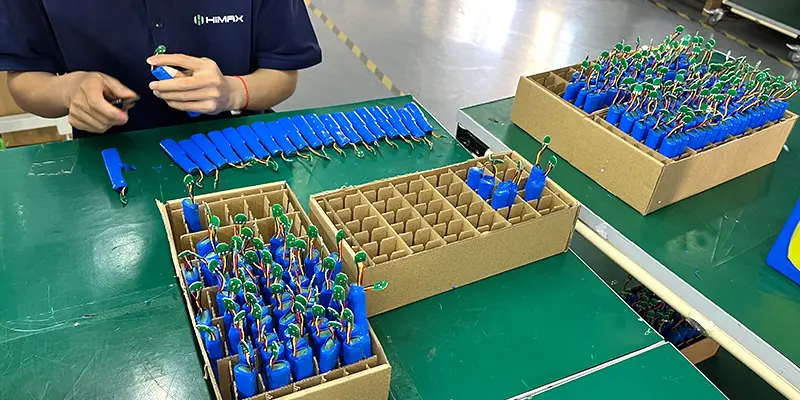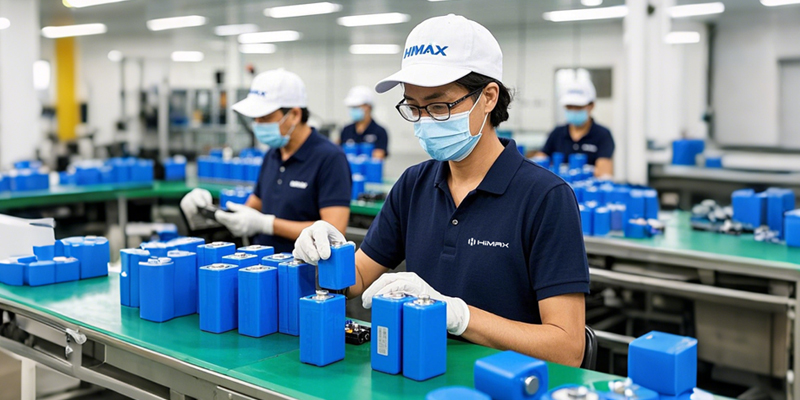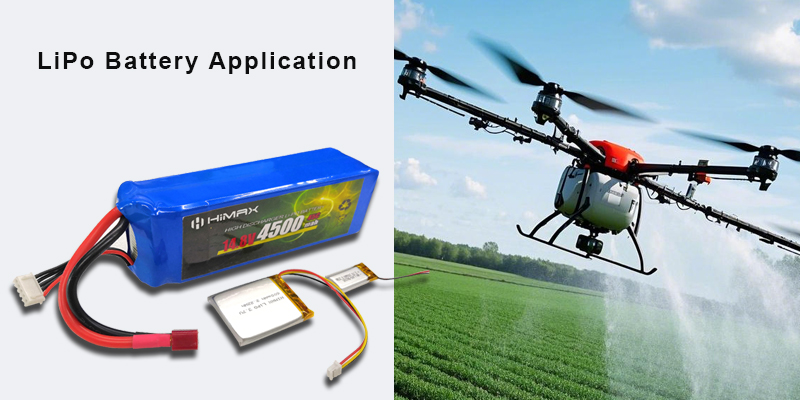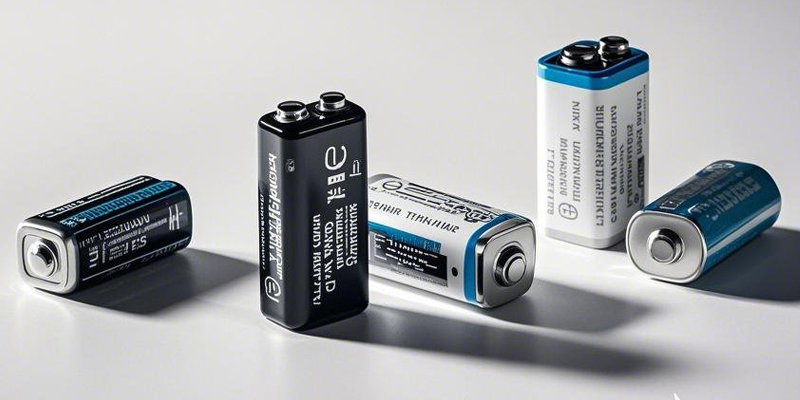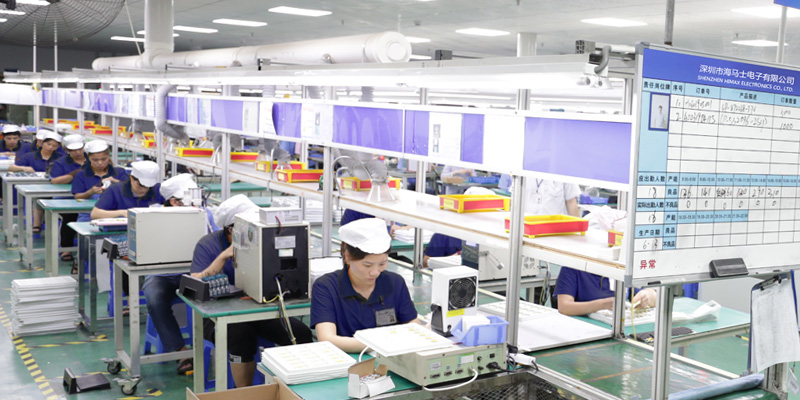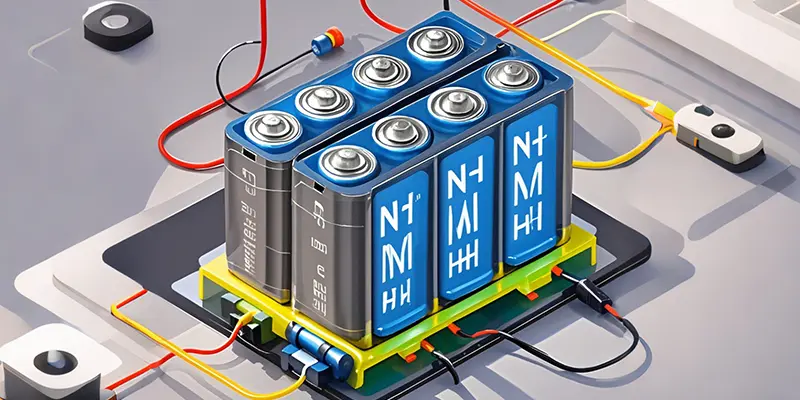Why Li-Ion Batteries Are the Best Choice for High-Volume Industrial Applications
-
Introduction: Background Overview
The global demand for efficient, reliable battery solutions in industrial applications has been growing exponentially in recent years. With industries such as logistics, manufacturing, renewable energy, and healthcare expanding, the need for high-performance energy storage systems has never been more critical. Among the available battery technologies, lithium-ion batteries (Li-ion) have emerged as a dominant solution, thanks to their superior performance, versatility, and cost-effectiveness.
From powering electric forklifts in bustling warehouses to enabling the seamless operation of medical equipment in hospitals, Li-ion batteries have revolutionized industrial applications. This article explores why Li-ion batteries are the best choice for high-volume industrial applications, highlighting their advantages, real-world use cases, and why businesses should consider them over traditional alternatives.
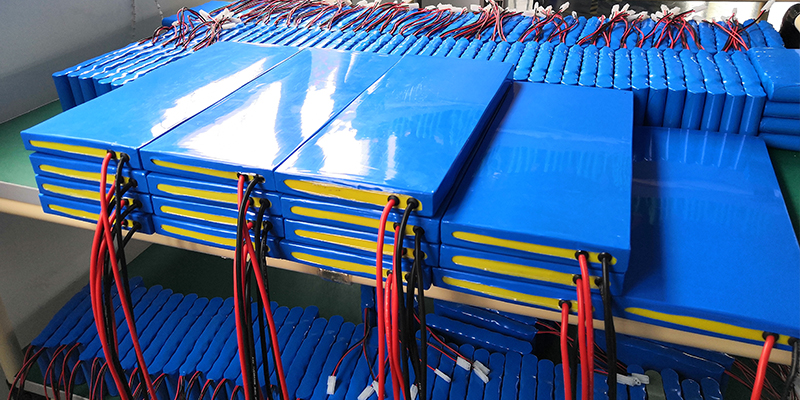
-
Analyzing the Demands of High-Volume Industrial Applications
2.1 Characteristics of High-Volume Industrial Applications
Industrial applications requiring high-capacity batteries typically involve large-scale operations and continuous workflows. Some of the key scenarios include:
-
Electric Forklifts and Automated Guided Vehicles (AGVs): Warehouses and manufacturing facilities rely heavily on electric-powered equipment for material handling. These devices demand batteries with high energy density, long operating hours, and reliable power delivery.
-
Energy Storage Systems (ESS): In renewable energy projects, energy storage systems are essential for capturing and distributing energy efficiently. Batteries must handle frequent charge and discharge cycles while maintaining stability.
-
Medical Equipment: Hospitals depend on batteries to power life-saving devices like ventilators and imaging machines, which require high reliability and uninterrupted power.
-
Large-Scale Automation: From robotics to industrial machinery, automation systems require compact, high-capacity batteries to function optimally in space-constrained environments.
These use cases emphasize the need for batteries with specific performance metrics, such as high energy density, extended lifespan, rapid charging, and environmental safety.
2.2 Challenges with Traditional Batteries
Historically, industries relied on older battery technologies such as lead-acid batteries. However, these batteries come with significant limitations, including:
-
Low Energy Density: Lead-acid batteries are bulky and inefficient, making them unsuitable for modern industrial equipment requiring compact energy solutions.
-
Short Lifespan: Frequent replacements increase operational costs and downtime.
-
Limited Charging Speed: Long charging times reduce productivity in fast-paced industrial environments.
-
Environmental Concerns: Lead-acid batteries pose significant environmental hazards due to their toxic components and disposal challenges.
As industries evolve, the demand for innovative battery technologies that address these shortcomings has led to the widespread adoption of lithium-ion batteries.
-
Core Advantages of Lithium-Ion Batteries
3.1 High Energy Density and Compact Design
Li-ion batteries offer a higher energy-to-weight ratio compared to traditional batteries. This allows industrial equipment to achieve longer operating hours without compromising on portability or performance. For example, in automated logistics systems, Li-ion batteries enable compact robot designs that maximize storage space efficiency while maintaining operational power.
3.2 Long Cycle Life
One of the standout features of Li-ion batteries is their extended cycle life. These batteries can endure thousands of charge-discharge cycles without significant capacity loss. For industrial environments where equipment runs continuously, this translates into:
-
Lower Maintenance Costs: Reduced frequency of battery replacements.
-
Increased Productivity: Minimal downtime due to longer-lasting power solutions.
This longevity makes Li-ion batteries an ideal choice for renewable energy storage systems and high-frequency material handling equipment.
3.3 Fast Charging Capability
Time is a critical factor in industrial operations. Li-ion batteries support rapid charging, significantly reducing equipment downtime. For instance, electric forklifts can be quickly recharged during short breaks, ensuring uninterrupted workflow in warehouses and manufacturing plants.
3.4 Environmentally Friendly and Sustainable
As industries increasingly prioritize sustainability, Li-ion batteries stand out as a greener alternative to lead-acid batteries. Key benefits include:
-
Lower Carbon Footprint: Improved energy efficiency and reduced greenhouse gas emissions.
-
Recyclability: High recyclability rates minimize environmental impact.
-
Reduced Toxicity: Li-ion batteries eliminate the need for hazardous materials like lead and cadmium.
This alignment with sustainability goals makes Li-ion batteries the go-to choice for businesses striving to meet environmental standards.
-
Real-World Applications in Industrial Scenarios
4.1 Applications in the Logistics and Warehousing Sector
In logistics, where efficiency and precision are paramount, Li-ion batteries power forklifts, pallet jacks, and AGVs. For example, a warehouse using Li-ion-powered AGVs reported a 30% reduction in downtime and a 40% improvement in productivity compared to lead-acid battery counterparts.
4.2 Role in Renewable Energy Storage Systems
Li-ion batteries play a crucial role in balancing energy supply and demand in renewable energy projects. Case studies show that wind and solar farms utilizing Li-ion-based storage systems achieve higher energy efficiency and better grid stability. For instance, a solar energy project in California increased energy storage efficiency by 20% after transitioning to Li-ion technology.
4.3 Support for Precision Medical Equipment
In healthcare, where power interruptions can mean life or death, Li-ion batteries power portable ventilators, imaging devices, and monitoring systems. Their reliability ensures consistent performance, even during power outages, making them indispensable for hospitals and clinics.
-
Why Choose Himax Electronics?
Himax Electronics is a leading provider of customized lithium-ion battery solutions designed specifically for high-volume industrial applications. Here’s why we are the trusted partner for businesses worldwide:
-
Innovative Product Range: Himax offers a diverse portfolio of Li-ion batteries tailored for various industries, including logistics, renewable energy, and healthcare.
-
Uncompromising Quality: All Himax batteries undergo rigorous quality control and comply with international certifications such as ISO and CE.
-
Customized Solutions: We collaborate closely with clients to develop bespoke battery solutions that meet specific operational requirements.
-
Global Recognition: Our batteries are trusted by leading industrial players, thanks to our track record of delivering reliable, high-performance energy solutions.
-
Dedicated Support: With comprehensive after-sales services, we ensure our clients receive the technical support they need to succeed.
Partnering with Himax Electronics means gaining access to cutting-edge technology and a team of experts committed to powering your business operations.
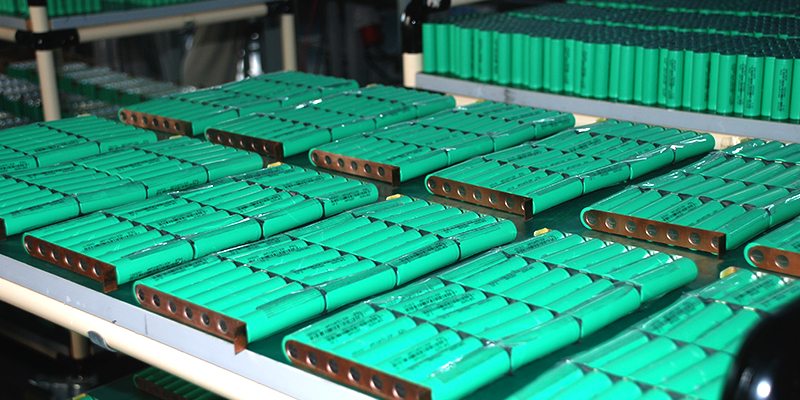
-
Conclusion and Outlook
In conclusion, lithium-ion batteries have become the preferred energy solution for high-volume industrial applications due to their unmatched energy density, extended lifespan, rapid charging, and eco-friendly attributes. Whether in logistics, renewable energy, or healthcare, Li-ion technology is driving innovation and efficiency across industries.
Looking ahead, advancements in Li-ion technology promise even greater benefits, such as higher energy capacities, reduced costs, and enhanced sustainability. Businesses looking to stay ahead of the curve should explore the possibilities of Li-ion batteries.
Discover how Himax Electronics can empower your industrial operations with our state-of-the-art lithium-ion battery solutions. Visit our website to learn more or reach out to our team for personalized consultations.

